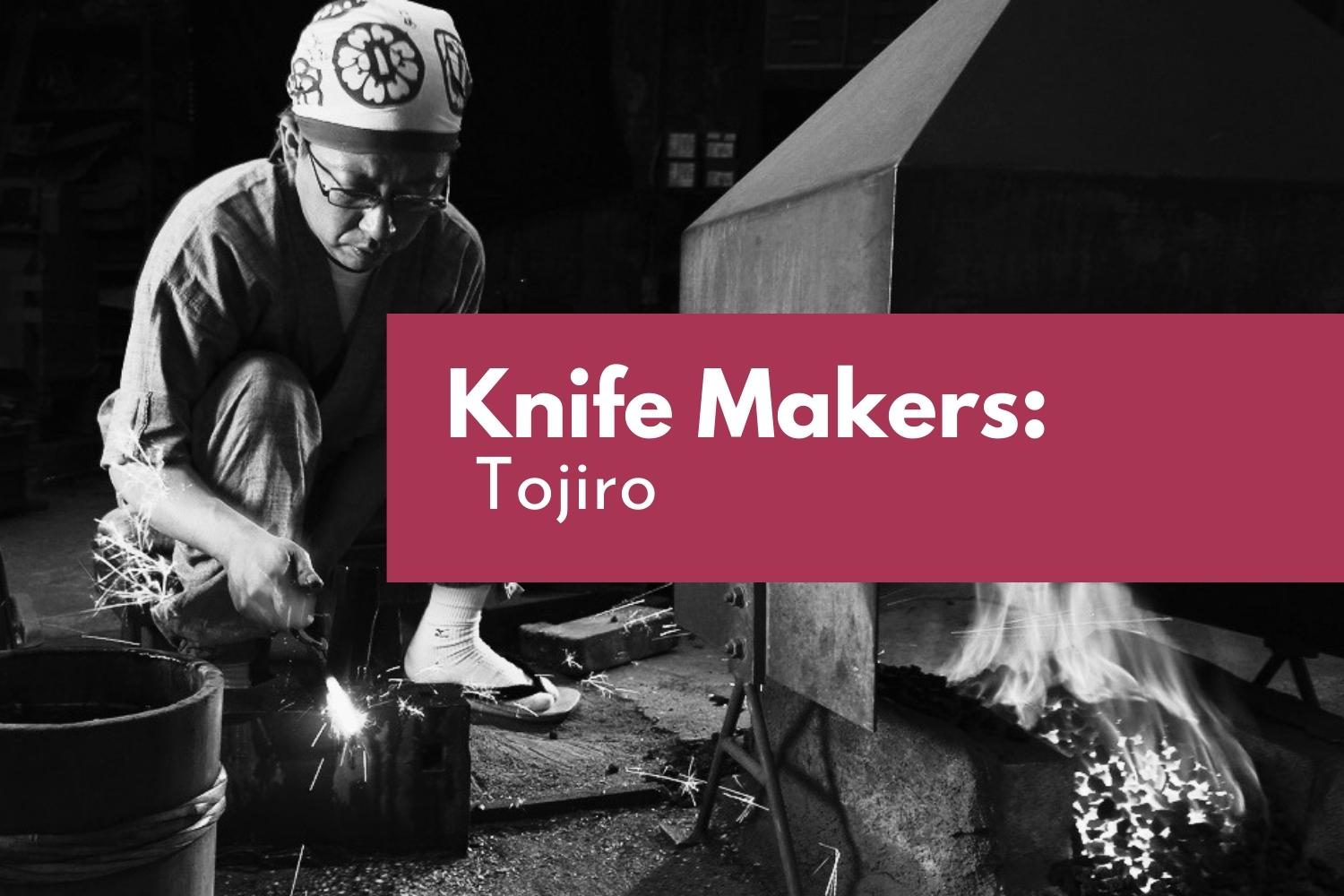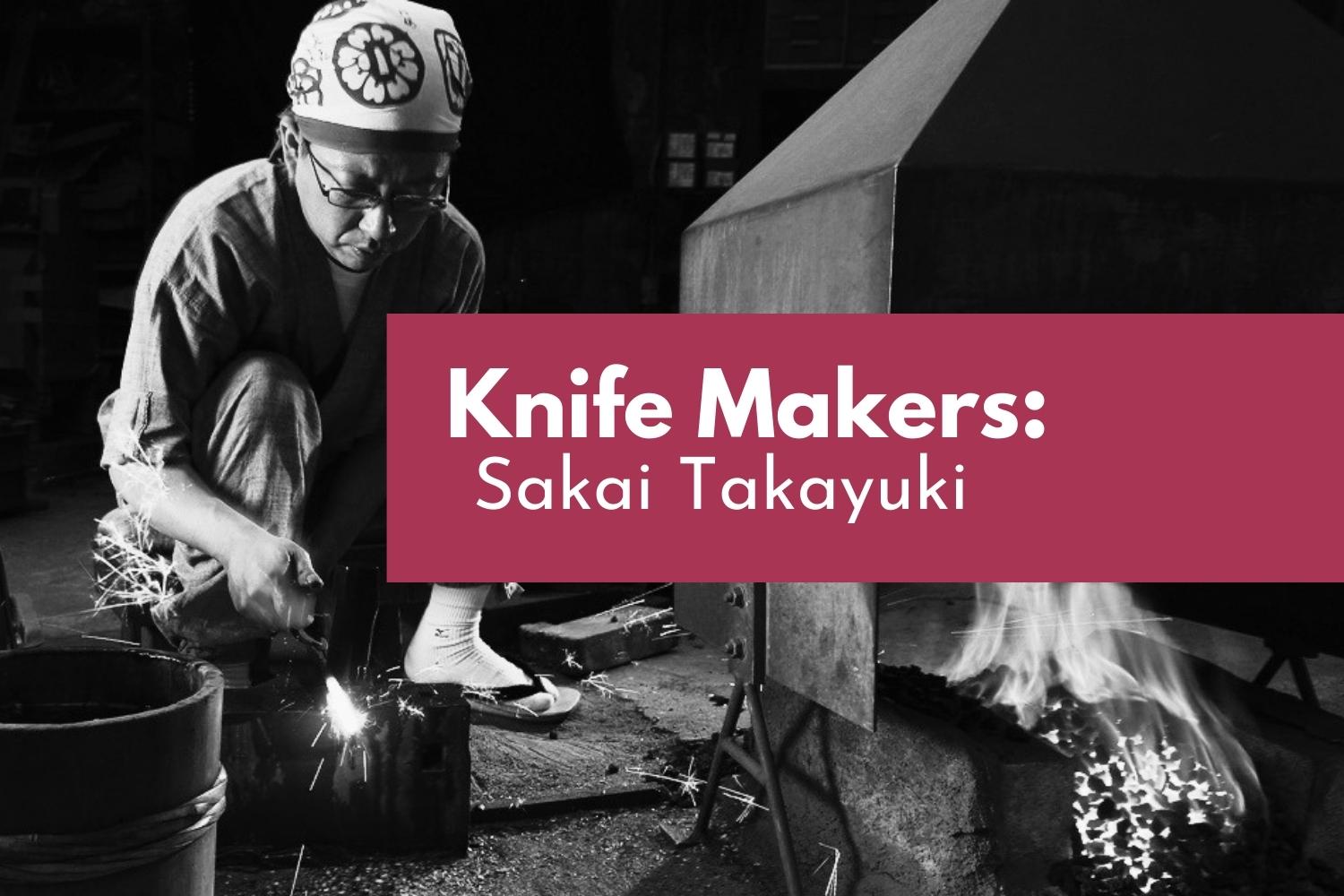Location
Echizen, Japan
Company Overview
Takamura Cutlery is one of the most well-known Japanese cutlery manufacturers with a reputation for quality products.
Takamura Cutlery, makers of the high-end Takamura kitchen knives, was founded by Isamu Takamura in Echizen City, Japan. Takamura kitchen knives are one of the best manufactured using stainless steel and one of the pioneers to utilise High-Speed Powdered Steel (HSPS). The specific type of powdered steel they use is Takefu Super Gold 2, also known as R2.
Knife Types
The 3 most common kitchen knife types that can be found in the Takamura knives line are the Santoku, Gyuto, and Petty utility.
The Santoku is also an all-purpose knife with a flat edge and a sheepsfoot blade. It is primarily designed to cut in a push-cut chopping motion.
Gyuto has a curved edge profile and a less turned-down spine than Santoku. This is best suitable for cutting larger foods such as meats and fruits.
Lastly, petty utility knives are similar to the Gyuto, but these are smaller, making them a more versatile choice, especially in peeling and cutting smaller food.
Best Known For
Takamura Cutlery is known for its excellent technique in its knife-making process that makes use of HSPS, also known as R2 material. This results in an exceptional quality of their craftsmanship and paves the way for the accomplishments they have today.
Steel used
Although Takamura is best known for the HSPS or R2 steel, several kitchen knives they produced are also forged using VG-10 stainless steel.
VG-10, also known as V Gold 10 when compared to R2 steel, has a lower HRC (Hardness Rockwell C) rating which determines the steel's hardness. This would account for its durability. However, even with its toughness, it is easy to sharpen. This makes the VG-10 variant a chef's favourite knife.
Lastly, some of their kitchen knives make use of Chromax material. It’s semi-stainless steel that sharpens nicely but holds an edge well.
Handle Used
The Takamura knives have a unique handle made of Pakka wood (a type of hardwood) known for its exceptional and enduring quality. In addition, this is a superior wood that is naturally antibacterial.
Sharpening and Maintenance
Takamura kitchen knives should be sharpened regularly. It’s recommended that they get it sharpened at the local Japanese knife shop annually or semi-annually. This should keep the knife's edge in excellent condition and maximise its lifetime.
Takamura knives are not dishwasher friendly, so it is best to hand wash them to ensure their durability and longevity. These knives have been designed with the finest qualities, such as rust resistance, hard steel blades, and strong wood handles, making them an all-weather knife that can be used in any season.




